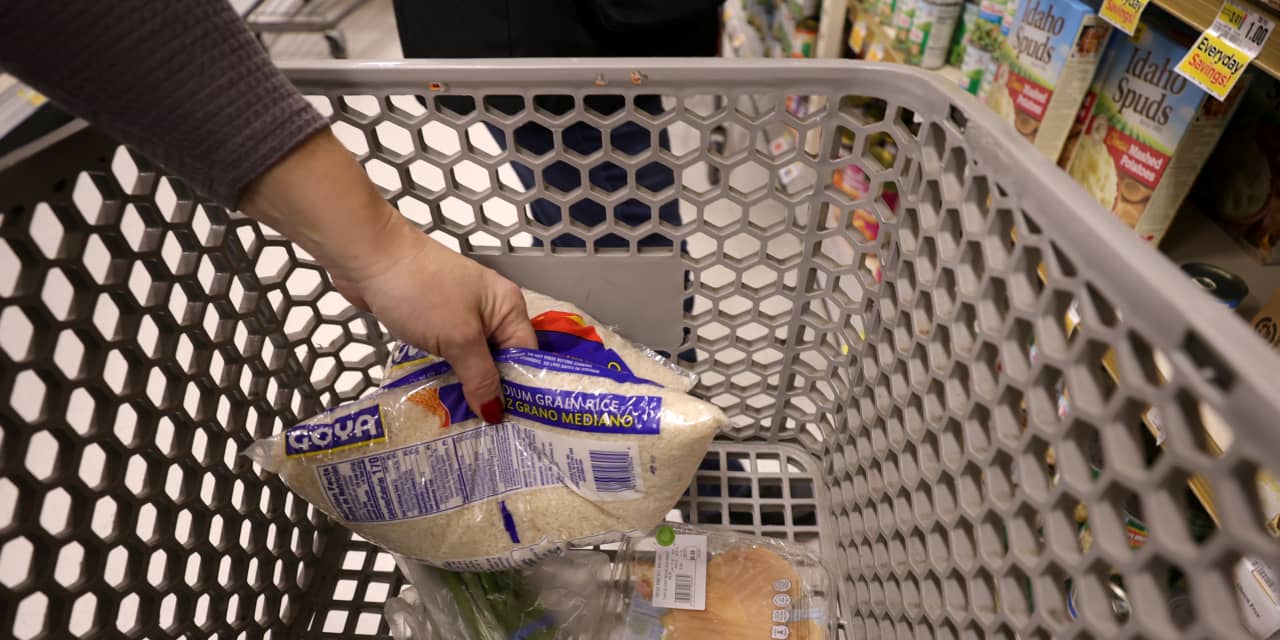It might seem as if initial public offerings are back in style, with Arm Holdings and Instacart making their recent debuts. But the reality is there hasn’t been much activity—and for good reason.
Companies going public have raised just over $18 billion so far this year, according to KPMG. That is down from about $23 billion for all of 2022 and way down from roughly $300 billion in 2021, a record year.
While IPO raises have improved a touch each quarter since the fourth quarter of 2022, they remain well below peaks, with interest rates and the financing environment largely to blame. Rates are still high as the Federal Reserve tries to reduce inflation.
That pushes up rates on all kinds of debt companies can raise—and makes it even more difficult for them to raise equity financing. Companies need to prove they have a strong business model that can achieve growth expectations. Unless a business is strong from a fundamental perspective, investors just don’t have much appetite for risk right now.
That is why a lot of recent IPOs, after surging to start trading, have fallen back to around where they initially priced.
Arm
(ticker: ARM) and Instacart (CART) have both fallen back down roughly to the levels at which they priced their offerings, with their market caps now totaling only about $62 billion, from roughly a combined $80 billion near their trading peaks.
For
Instacart
—officially known as Maplebear—the decline makes sense, given its roughly $7.7 billion enterprise value is just under 11 times analyst’s expected 2024 earnings before interest, tax, and noncash expenses. That is below the just over 13 times on average for a group of e-commerce companies including
DoorDash
(DASH) and
Uber Technologies
(UBER), according to Gordon Haskett analysts.
Instacart’s problem is the market has several reasons to be concerned revenue growth could decelerate. Sales grew about 30% year over year for the first half of this year, putting the company on pace for about $2.95 billion for the full year. That is down from 39% for all of 2022.
One issue is that online grocery adoption has slowed down. Only about 12% of all grocery spend has happened online recently, according to Gordon Haskett, putting annual online sales at roughly $140 billion. That is below other consumer categories, which are seeing more than 20% of spending online.
The second issue is there is no guarantee Instacart will maintain its market share in a competitive field.
Amazon.com
(AMZN) and
Target
(TGT), for instance, are in the space, and Instacart’s share of $75-plus orders has dropped from about 80% in 2020 to below 75% recently.
Arm dropped as it was clearly too expensive. At its peak, it traded at over 20 times forward sales estimates, several times the average semiconductor company. And Arm isn’t expected to post spectacular growth. Sales of less than $3 billion in the fiscal year ended in March declined, as consumer weakness related to smartphones—the majority of its sales—weighed on revenue.
The declines in shares of Instacart and Arm show that not every high-growth IPO is necessarily worth the offer price. The cost of money is increasing, which means only the most sparkling businesses can command super high valuations.
That is why there isn’t actually an IPO craze happening right now.
Write to Jacob Sonenshine at [email protected]
Read the full article here


